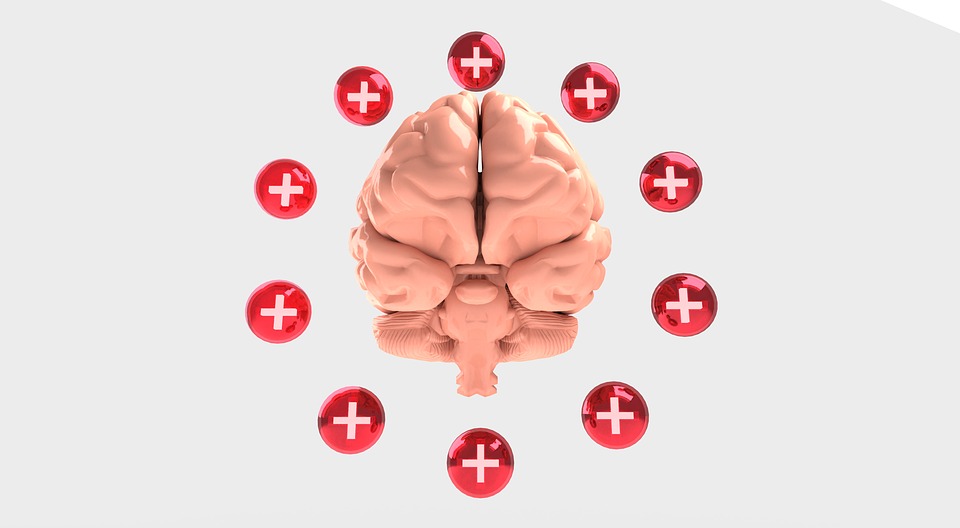Mental health interprets the degree of a person’s psychological, social and emotional wellness. It affects our thoughts, behaviour and emotions. From the ability to perform a simple daily life activity like getting up in the morning to the ability to enjoy life, all can define mental wellbeing.

Factors contributing to mental health
Whether you are a toddler or a full grown adult, having a content state of mind is important for everyone. A person could be very resilient and deal with hardships very calmly. On the other hand, someone else might be extremely delicate and hassle while meeting heads on. There are certain factors that define how a person d our actions and reactions, which are:
Intrinsic factors
The genes and the neurochemistry come under this category. Also, a family history of psychological disorders adds on.
Extrinsic Factors
A person’s environment and life events also affect mental health.
Early signs of unstable Mental Health
If you or someone you know experiences one more than one of the following symptoms, may indicate an onset of a mental illness:
• Change in sleeping patterns
• Extremely low levels of energy
• Mood swings
• Losing interest in social interaction
• Body aches
• Increased use of drugs or alcohol
• Hopelessness
• Irrational arguments with friends and family
• Feeling disorganized
• Self-harming behaviour
• Suicidal thoughts
• Losing interest in daily life activities
• Hallucinations or Delusions
Why mental health counselling is important?

Have you ever come across a person who has been diagnosed with stage 1 cancer and waited to reach stage 4 to finally opt for a treatment? However, we often stumble upon people who are suffering psychologically but turn a blind towards their mental wellness.
Moreover, mental health is as important as Physical health. If mental health was so uncomplicated, a person would not have been breaking one’ necks in the first place. Feigning to be compos mentis, when you are in an absolute dolour, is actually more debilitating than the illness itself.
In conclusion, if you or someone you know finds it tough to pass even a single day, the person needs help. Professional counselling helps you to cope with stress, understand others and form life decisions. It also helps you to enhance your communication and interpersonal skills. You are able to articulate your thoughts and enhance your sense of self-worth.
A stable mind creates ripples of positivity and helps you look towards the brighter side of life.
Know more about Dr Prerna Kohli
Read more about Mental Wellness
All images courtesy Pixabay

